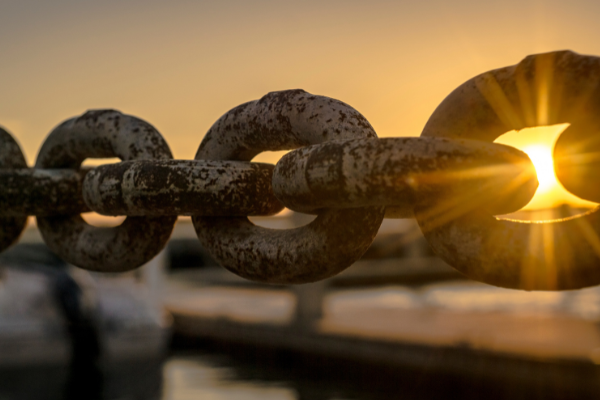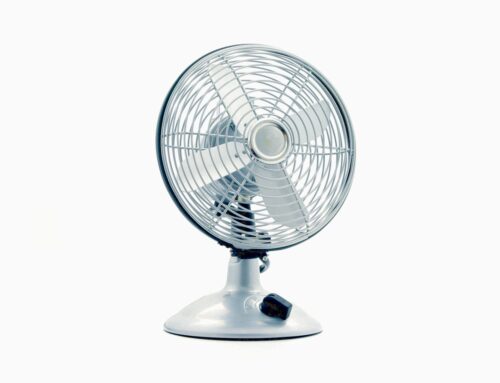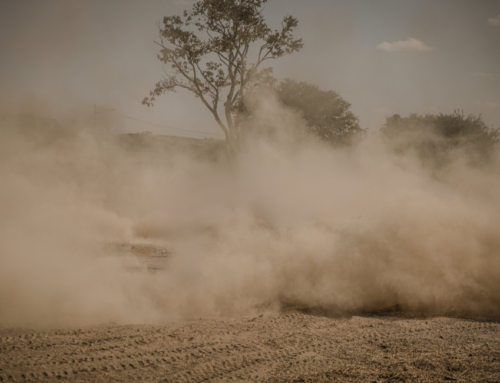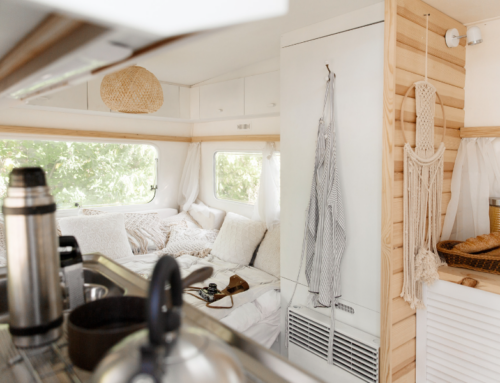The law regarding caravan and trailer safety chains is written in black and white, if you have the time to read VSB1, but most people turn to their trusted mate to get their information. And where did that mate get their information? From another mate who got his information from the long term caravanner he met on his last holiday… Not the most reliable source of information.
With the chains being a major safety component of a trailer or caravan, you need to know the laws behind them.
Safety Chain Rating
All trailers and caravans with ATM of less than 2500 Kg require at least 1 rated safety chain permanently affixed to the drawbar or A frame of their vehicle. If your vehicle weighs more than 2500 Kg you need 2 rated safety chains permanently affixed to your vehicle.
Safety chains must be stamped with the manufacturer’s identification number, the numbers 4177 (which refers to the relevant Australian Standard), and the chain’s safe working load. This rating will often be identified by the following markings:
4177-10 (up to 1000kg ATM). The diameter of the steel should be 6.33mm
4177-16 (up to 1600kg ATM); The diameter of the steel should be 8mm.
4177-25 (up to 2500kg ATM); The diameter of the steel should be 10mm.
4177-35 (up to 3500kg ATM). The diameter of the steel should be 13mm.
How Must My Safety Chain Be Attached To My Drawbar Or A Frame?
Most safety chains rated up to 3500Kg will be attached in 1 of 2 ways. Welded or Hammer Locked.
Welded – If a chain or chains have been welded to an A frame or draw bar, it must be welded onto the frame by at least 50% of the link inside and out.
Hammer Lock – Hammer Locks are a good alternative if you don’t want chains to be welded to your trailer or caravan. They work as an additional link of a chain and don’t require any welding. You MUST make sure if using a Hammer Lock that it is rated for the chain you are using it with.
To Cross Or Not To Cross – That Is The Question!
The age old debate of whether to Criss Cross a chain or if it’s a legal requirement is something that gets people talking. So, is it a legal requirement? The short answer is No. There is no document that supports the claim that this is a legal requirement. It is highly recommended to Criss Cross your chains and I strongly advise all my customers to do this, but in terms of legal requirement, as long as you have the chains attached to the tow vehicle with a rated D shackle then you can have them any way you like.
The reason why we advise our customers to Criss Cross a chain is for one reason only. If, unfortunately, your trailer coupling was to come off your tow ball or pin, by having the chains Criss Crossed it will prevent the front of the caravan or trailer from hitting the road as the chains will hold it up (and catch the coupling). If the chains are straight, the front of the trailer or caravan will fall between them and drag on the road. If the wiring and coupling have not been damaged then you can simply reconnect your trailer or caravan to your car and keep traveling.Â
Chain Wear
We see a lot of trailers and caravans come into the workshop that have excessive wear and tear. So what is the major culprit in causing a chain to wear? The answer is that the chain is too long.Â
When a chain is too long it tends to drag on the road. If it drags for a long period of time, the links grind down making the chain weak. Make sure that when attaching your chain to your tow vehicle that you have enough chain length to allow the vehicle to turn without having tension on the chain but also make sure the chain is not dragging on the ground.
If you do grind a link of chain down enough to be deemed unsafe, instead of having to weld an entire new chain to your A frame or draw bar you can simply cut the chain off at the position of 1 link closer to the trailer or caravan than the damaged link and fit a rated Hammer Lock and extra length of rated chain. This way you don’t need to disturb the welded link already fitted to your A frame or drawbar.
If you are concerned about the condition or rating of your chain, be sure to contact a Caravan or Trailer professional to seek the right advice and solution.





